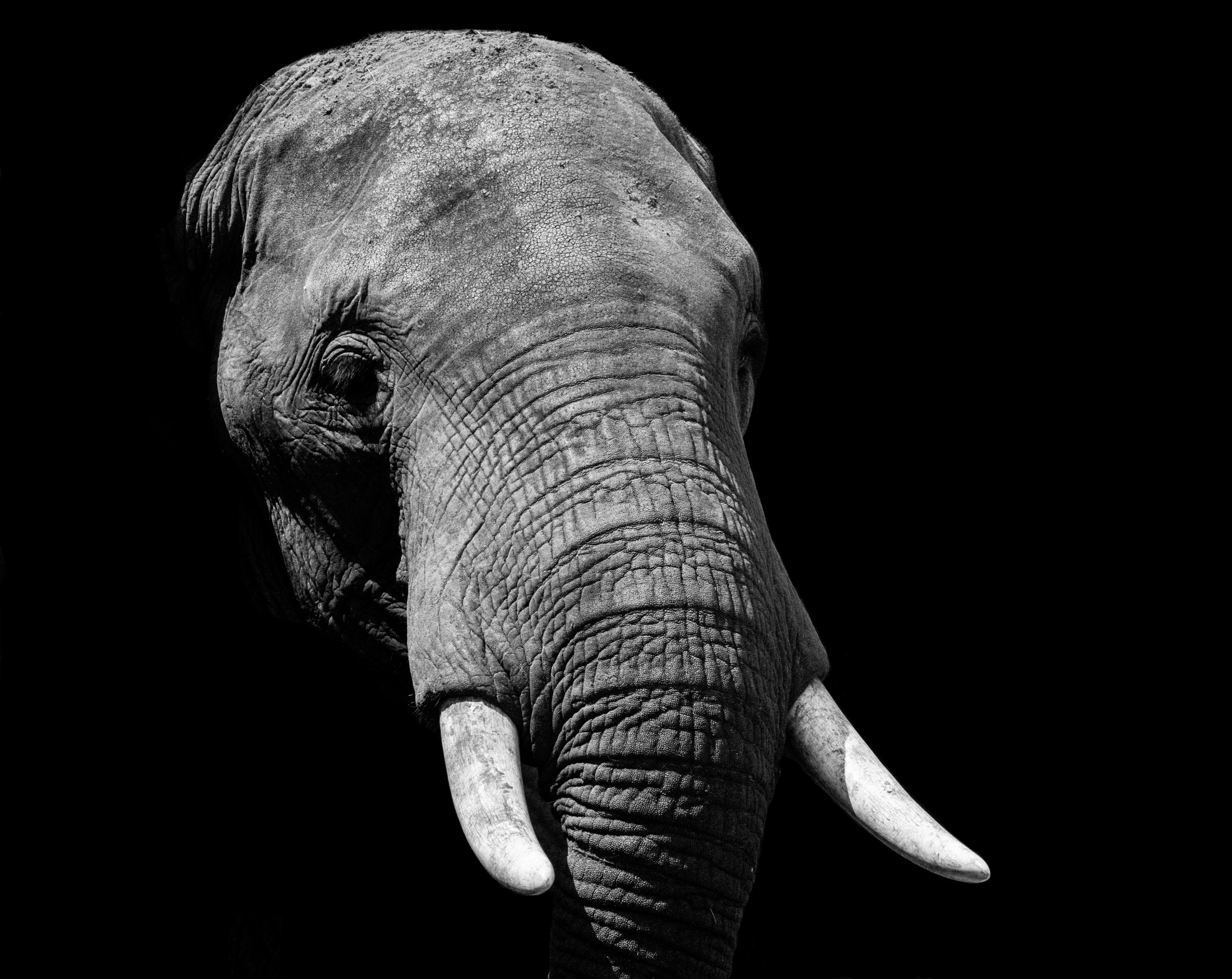
A new report, containing a Foreword by Jane Goodall, PhD, DBE from World Animal Protection exposes alarming elephant tourism trends across Asia, expected to get worse as venues try to fill the decrease in income due to the COVID-19 pandemic.
Across Asia, there are over 3,800 captive elephants in 357 elephant tourism venues. Thailand is home to three quarters of these elephants and has seen a shocking 70% increase in their numbers in just 10 years according to the third edition of the report, Elephants. Not Commodities. The latest study compares research into elephant tourism spanning a decade, assessing venues across Thailand, India, Laos, Cambodia, Nepal, Sri Lanka and Malaysia.
Tourists are unknowingly driving cruelty with less obviously harmful interactions with elephants, such as bathing and selfies. Our research shows there is a growing awareness that circus-style shows and riding elephants causes suffering. Yet, elephant washing venues have boomed in popularity, with the number of venues in Thailand offering elephant washing activities more than tripling in the last five years. The venues offering these experiences are also often falsely masquerading themselves as “sanctuaries”, “rescue centers” and as “ethical”, duping well-meaning tourists.
The findings are horrifying, revealing that 2,390 (63%) elephants are suffering in severely dire conditions at 208 venues across the countries studied, and of those just 279 (7%) elephants are kept in high-welfare venues. This is in contrast to 2015, when 2,242 (77%) of elephants lived in severely inadequate conditions, and 194 (7%) lived in high-welfare venues.
Elephants are big business for tourism venues—offering interactions such as shows, riding, bathing, or using them as photo props for selfies. According to the report, before the COVID-19 pandemic, the captive elephant tourism industry generated between $581 to $770 million (USD) of sales per year on the back of elephant suffering.
Audrey Mealia, Global Head of Wildlife at World Animal Protection said:
“For many tourists, traveling to Asia wouldn’t be complete without an encounter with an elephant, be it seeing a show, riding or bathing one. Yet sadly, elephant-loving tourists that want that ‘once in a lifetime’ opportunity, are fueling demand for a mammoth sized problem that causes unthinkable cruelty behind the scenes, even if they don’t realize it.
“These intelligent, sociable, creatures are the victims of a trade that exploits them in their thousands. Tourists need to know the truth—any elephant that you can get close enough to touch, is an elephant that’s been subjected to horrific abuse for this use. It’s not just riding and circus-style shows that involve suffering—it’s the bathing and selfie opportunities that you might find at so-called ‘sanctuaries,’ ‘orphanages’ or ‘rescue centers.’This isn’t innocent fun. This is cruelty.”
With the industry coming to a complete standstill during the pandemic, many camps were forced to close and lay off their staff, while the remaining ones were left struggling to care for their elephants. World Animal Protection donors have been providing essential funds for 12 ethical, elephant-friendly camps across Asia to help them through this difficult time and keep them afloat.
As a sustainable, long-term solution, World Animal Protection is advocating for a captive breeding ban on elephants used for commercial tourism to ensure future generations are spared this trauma. Tourists also hold considerable power to turn their backs on unethical practices and can opt instead to see elephants in their natural habitat or support elephant-friendly camps. For most captive elephants, being released back into the wild is not possible, so an elephant friendly camp is their best option. These camps work on an observation-only model, still providing jobs and a valuable income to local people such as elephant keepers, known as mahouts.
World Animal Protection is calling on everyone, from travelers, to tourist operators, to take responsibility and put an end to the exploitation of wild animals forever—less demand will
mean less elephant suffering.
The organization is also calling on G20 leaders to enforce a global wildlife trade ban to eliminate the threats of future pandemics to our health and economies.
In addition, Trunks & Leaves is a researched-based conservation organization focusing on the protection of Asian elephants and their habitats. Earlier this month, they launched a new campaign, Ethical Elephant Experiences, to encourage travel companies and travelers alike to engage in responsible tourism practices when it comes to viewing and interacting with wildlife, like Asian elephants. See how you can get involved with the movement to help save elephants through their website.

